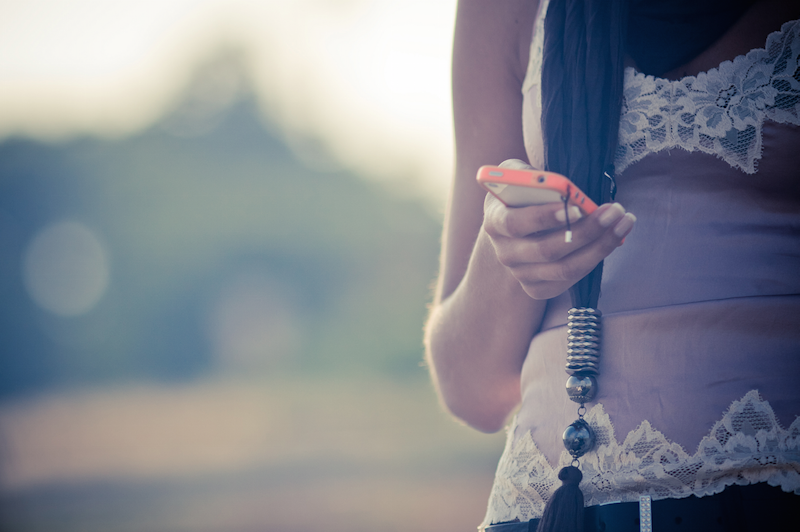Facebook’s “like” option is as cruel an enemy to women’s self-esteem as the mainstream media. Maybe worse. This option has evolved into a measurement of beauty and popularity. In fact, Facebook is just a tool we use to quantify our “success” as young women. By now, most girls are aware that the women shown on television and in magazines are not real. We know, in part because of viral videos that are posted on social networking sites, that these images have been heavily edited, cropped, and airbrushed to show an “ideal” woman. But the dangers of social networking are that these women on our newsfeed are real people (albeit better-looking versions of themselves).
We forget momentarily that Facebook profiles are highlight reels and begin to think that this is how these people look day in and day out. Facebook users are real women, with real inside beauty. But instead of celebrating intelligence, creativity, or kindness, we put our “thumbs-up” on their face, or butt, or boobs, or stomach. Facebook has become a very toxic environment for young women’s self esteem. It’s a platform for judging exterior beauty, which is much more harmful than a big-breasted girl in a beer advertisement. Facebook is accessible, free, and enables us to skim through photographs almost anonymously for however long we want. Photographs allow us to scrutinize every inch of each other, recognizing both flaws and perfections, and most importantly, comparing our own bodies to those of our peers.
Ironically, the girls who seem to look perfect in every photo and receive hundreds of “likes” are probably just as self-conscious as the envious “stalker.” She clearly feels she has something to prove to the online world and savors every thumbs-up that reinforces her beauty. Younger girls, I feel, are the most helpless victims to the evils of social networking. They’ve never known a time without Facebook or Instagram. They don't know that inner beauty is far more important than outer beauty. Facebook (as we use it) gives impressionable young women all the wrong messages. I predict the generation of girls who have never known social life without Facebook will have an even more warped sense of “perfection” and “success” than previous generations. What’s more frightening is that we are doing this to ourselves.
It’s hard to articulate all the nuances of “like” culture because it varies from year to year. The generation of current seniors (born in 1995) can remember when the “like” button first appeared in middle school. In those days eight to 10 “likes” on a picture was considered a lot. Now a good photo can rack up 70 to 200 “likes,” depending on who you are and whom you know. With each grade, “like” culture varies slightly. The freshman can reach 300 “likes” on a profile picture easily. Their Instagram photos can reach 500 “likes” for those who are lucky enough to be “Instagram famous.” Girls from public school get more “likes” than private school kids because their class sizes are bigger. Pictures that show a lot of skin or have an “artistic” (if you can call it that) component also reach high numbers.
I heard a junior at my school reprimand a senior for posting a picture at a “slow” time when few people are online. Middle schoolers and freshmen seem to be more deliberate with their postings and more generous with their “likes.” Perhaps they just have wider networks. This phenomenon is so specific to our generation of 12-20-year-olds, that I’m not sure if it can be explained comprehensively to anyone outside that age bracket.
We’ve heard it all before: today’s youth spends too much time on social networks. It distracts us from our homework, we don’t have real relationships, we need to go outside and play ball in the sandlot with the neighborhood crew, and so on. We know that. The truth is, even if social networking didn’t exist we’d find other reasons to stay indoors starting at screens. Facebook profiles are usually an inaccurate representation of their owner. Social networking sites give us the tools to create an ideal image of ourselves. We can nip, tuck, crop, edit, delete until we have created a profile that doesn’t in any way resemble our everyday selves. We upload and tag only photos that support this and tailor our “likes” accordingly. It’s truly a highlight reel.
I’m going to keep the unflattering pictures of my self tagged, hide the people who make me feel bad about myself, and most importantly, spend as little time as possible on that insidious website.

